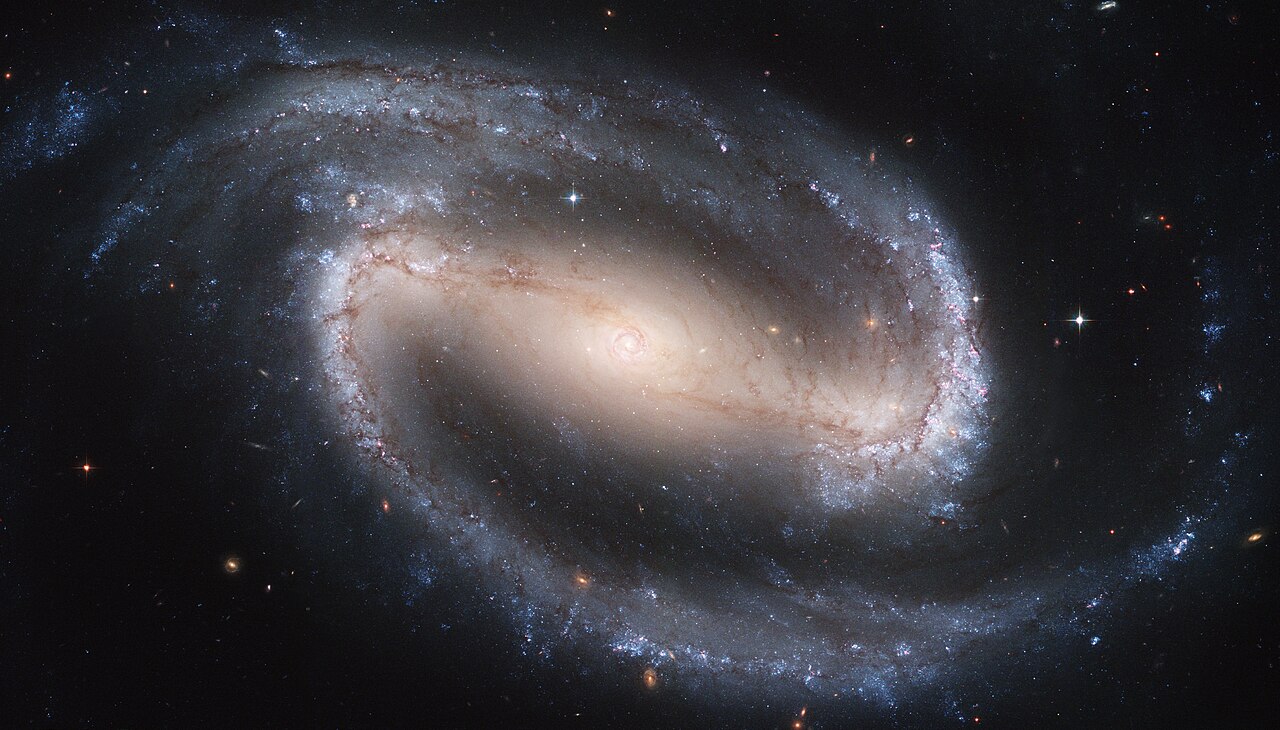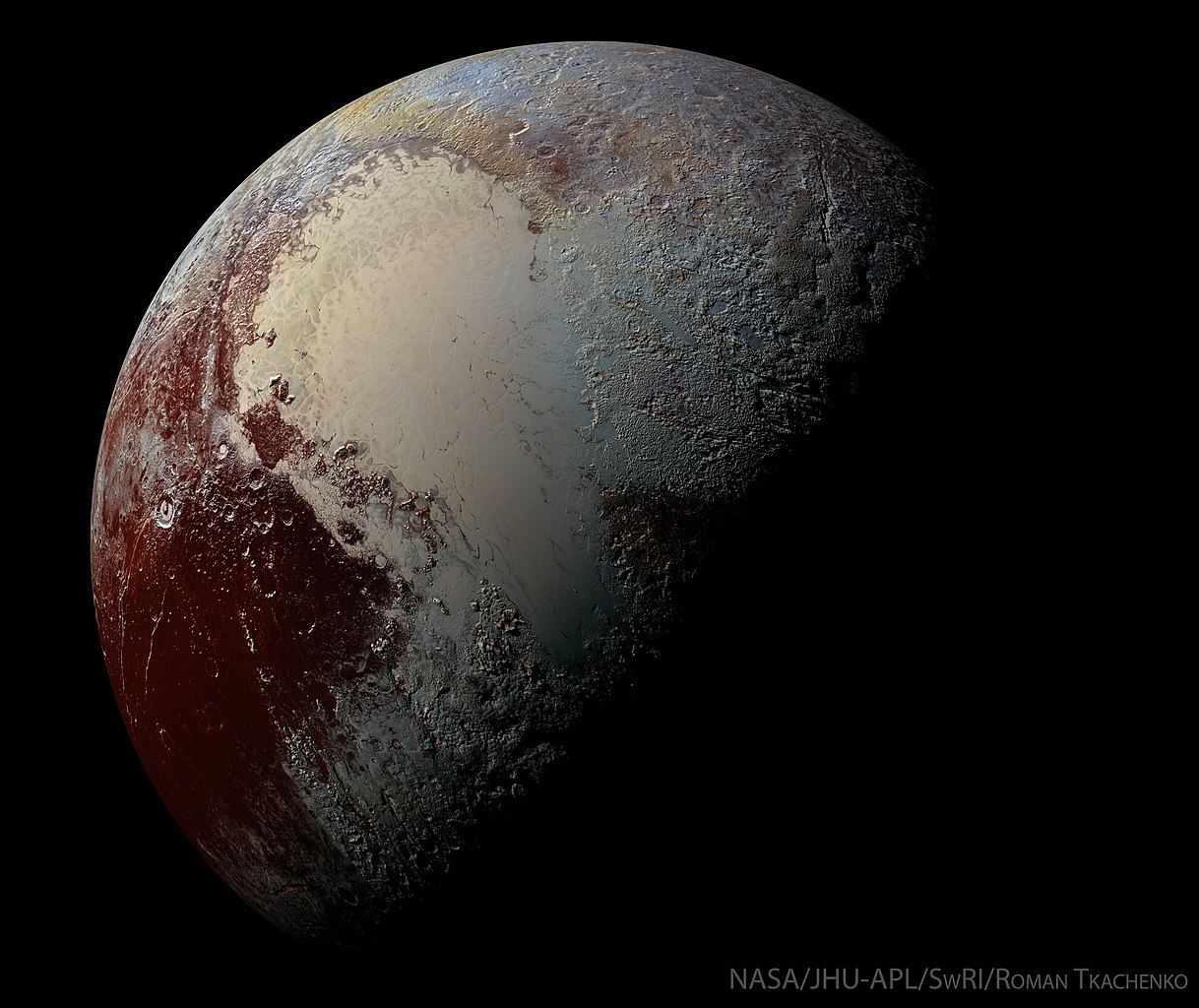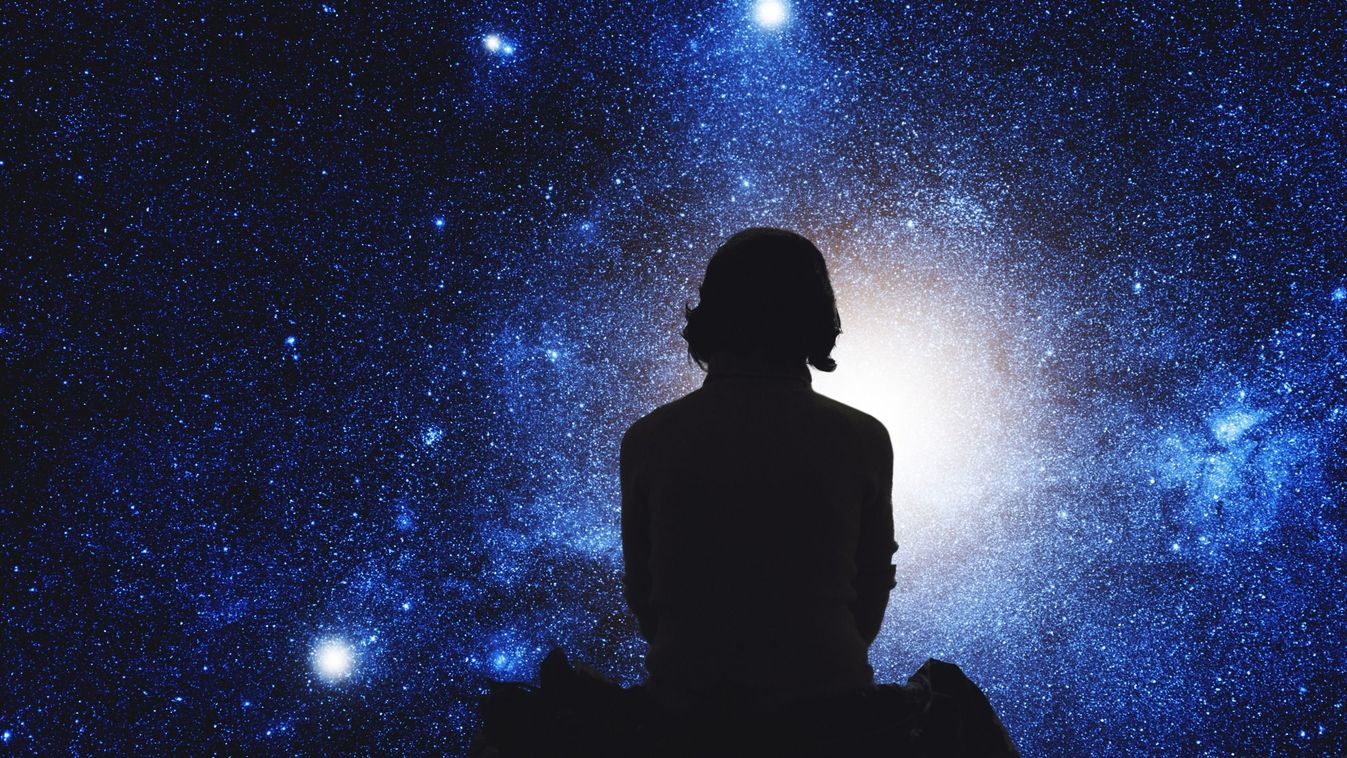Anyone interested in researching the origin of life has already encountered the belief that the mathematical probability of the natural evolution of life in this universe is extremely low, one might say unrealistic. Life would not be possible if the physical circumstances were just a little different.
Philip GoffThe associate professor at Durham University in the United Kingdom believes that the birth of life is not just a “miracle”: according to his opinion, “consciousness exists and shapes the universe, and consciousness is the ideal condition for the birth of life.” HeraldIn a 2008 article, he explains that the so-called “amazing” idea could create a new religion in the 21st century.
Source: Durham University
Goff is one of Britain's most respected contemporary philosophers, having studied the nature of mind and consciousness. Oxford University Press has just published the latest, Why? The purpose of the universe (Why? The purpose of the universe). He justifies his study of the cosmic theory by saying that
It brings together the latest discoveries in physics with the latest theories in the philosophy of mind.
The key to Goff's theory of the cosmic soul is the claim that the universe is so perfect that it could not have arisen by chance. It had to be planned. Because he says there is no evidence for the existence of the supernatural Creator, God proposed by the world's major religions, Goff and others speculate that perhaps
The universe itself has consciousness and creates the laws of physics that govern all of nature.
Those who support the theory believe that the various scientific conditions that create and operate the universe are so favorable to life that they cannot be considered a coincidence.
For example, the value of the nuclear force that connects protons and neutrons in the nucleus (the nuclear force is the force that connects nucleons, protons and neutrons in the nucleus) is 0.007, but if this value is, for example, 0.006, then only hydrogen can exist in Universe. If it had been 0.008, all the hydrogen would have burned up in the Big Bang, and water would never have existed. So the value of nuclear energy is well suited to the birth of life.
If the masses of the flake quarks (the flake quark is one of the main elementary particles that make up matter, the first generation of quarks) were different, compounds could not exist in the universe. If the masses of the electrons were different, only neutrons could exist and no chemical reactions would occur.
He writes that these are “indisputable facts of modern physics” – the only question is how to explain them. Some may accept that it is just a coincidence that physical values are relevant to life, but others say: “These numbers were created by a designer for a purpose.”
Goff gives the following example of the birth of life: “Imagine that we toss a coin seventy times and see that it always comes up heads, or that we toss a dice and always get a six—since these numbers are beyond probability, it is not reasonable to speak of chance.”












































